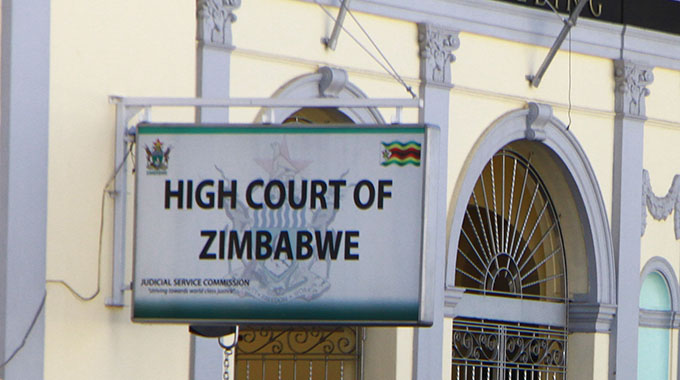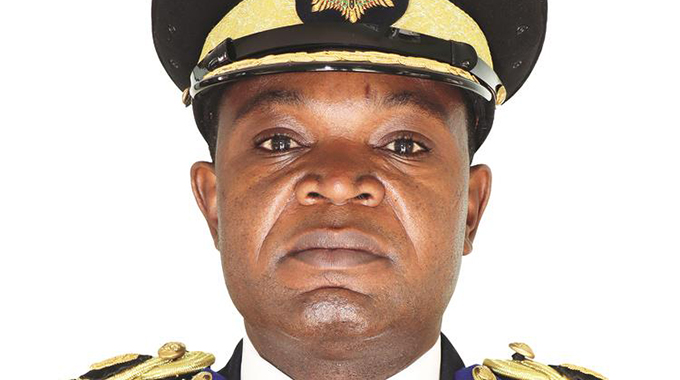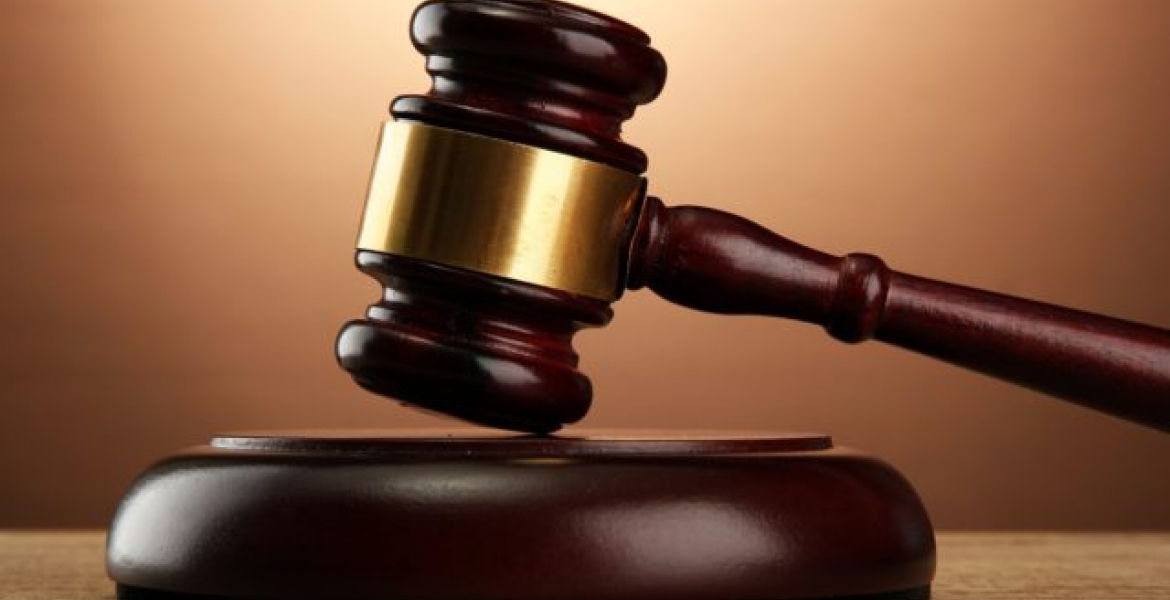Selection process riles aspiring judge

Fidelis Munyoro Chief Court Reporter
SOUTH AFRICA-based Advocate Sheillah Kanyangarara has criticised the Judicial Service Commission (JSC) for burdening aspiring High Court judges with a written examination before participating in public interviews.
Sixteen nominees were selected for the public interviews after passing closed-door examinations which involved the writing of a judgment. The public interviews took place on Monday and Tuesday. There were 43 nominees short-listed to undergo the public interviews in terms of the country’s Constitution.
However, the bulk of the aspiring judges could not break the first hurdle of closed-door examinations, which Adv Kanyangarara said were not part of the Constitution.
Those who failed the written examinations were allowed to exercise their constitutional right to participate in the public interviews.
Adv Kanyangarara and Zvishavane-based lawyer Mr Tichaona Chivasa, who both failed the pre-test, chose to exercise their rights to participate in the public interviews and appeared before the nine-member JSC panel.
When her turn to face the panel came, Adv Kanyangarara raised her concern over the manner in which the JSC had allegedly breached Constitutional provisions.
After Chief Justice Luke Malaba reminded her that she did not perform well in the first stage of the interviews by the JSC, Adv Kanyangarara said the process was not constitutional.
“We keep the results confidential unless you want this commission to disclose to you here or in the course of the interview what you scored, otherwise we keep the result confidential,” said Chief Justice Malaba.
Adv Kanyangarara said she had earlier approached the JSC seeking reasons for judgment and her transcript, but was told it was the property of JSC. She told the commission that judges are supposed to be public and for her to be told of her score during the interviews was tantamount to embarrassment and grossly unfair, wrong and unjust.
Adv Kanyangarara said she made a decision to come before the panel to raise concern at the lack of transparency in the way the examination was conducted.









Comments